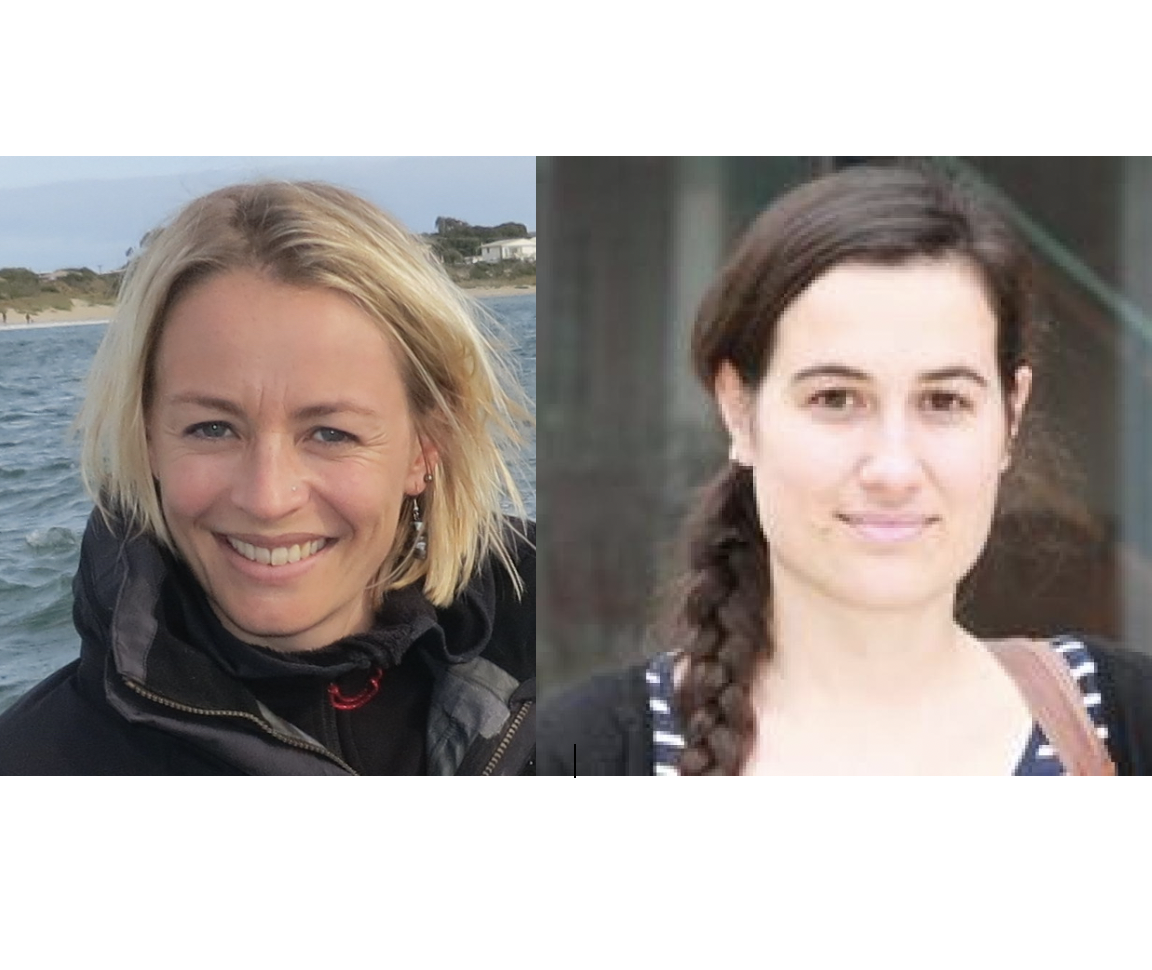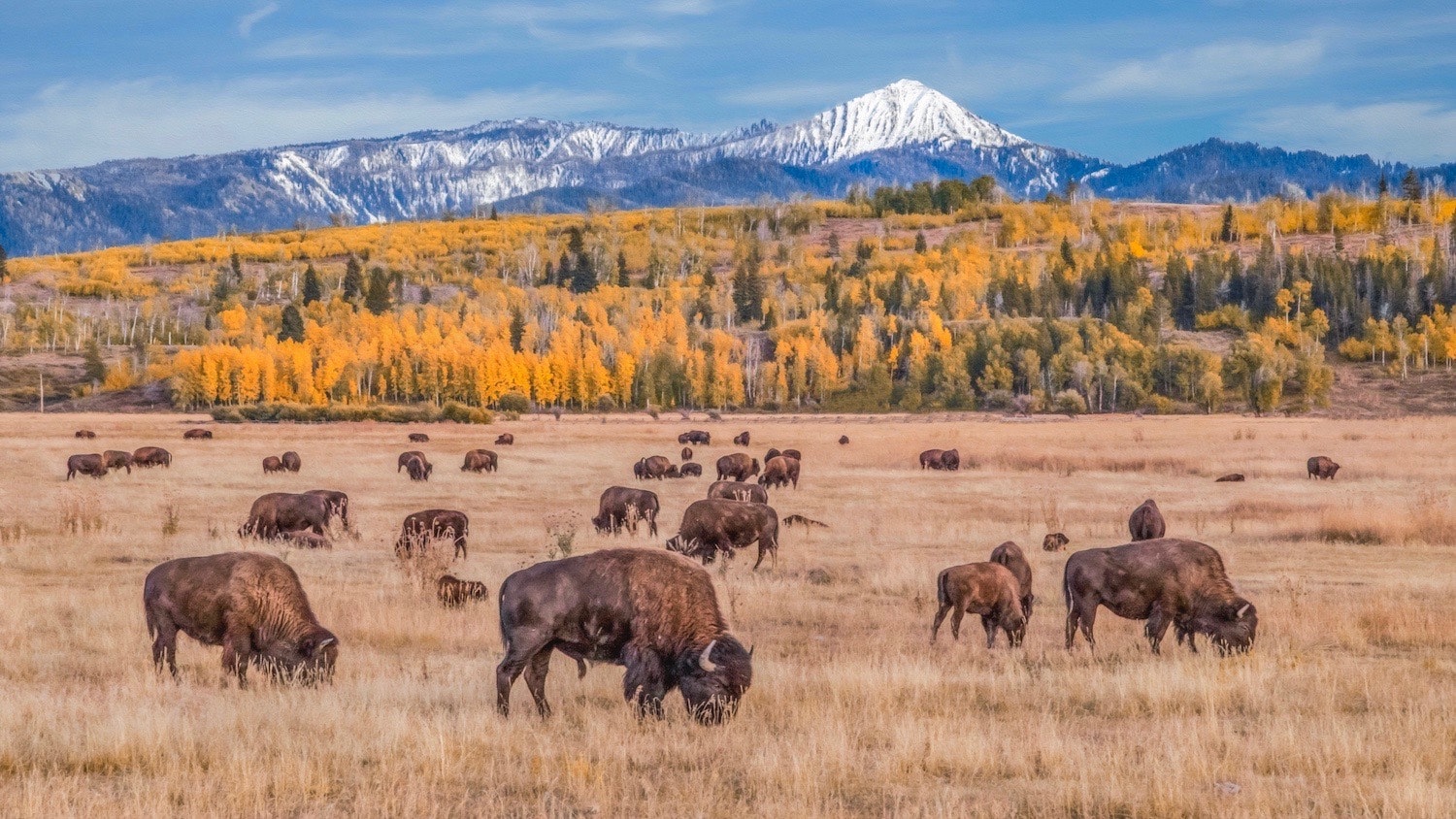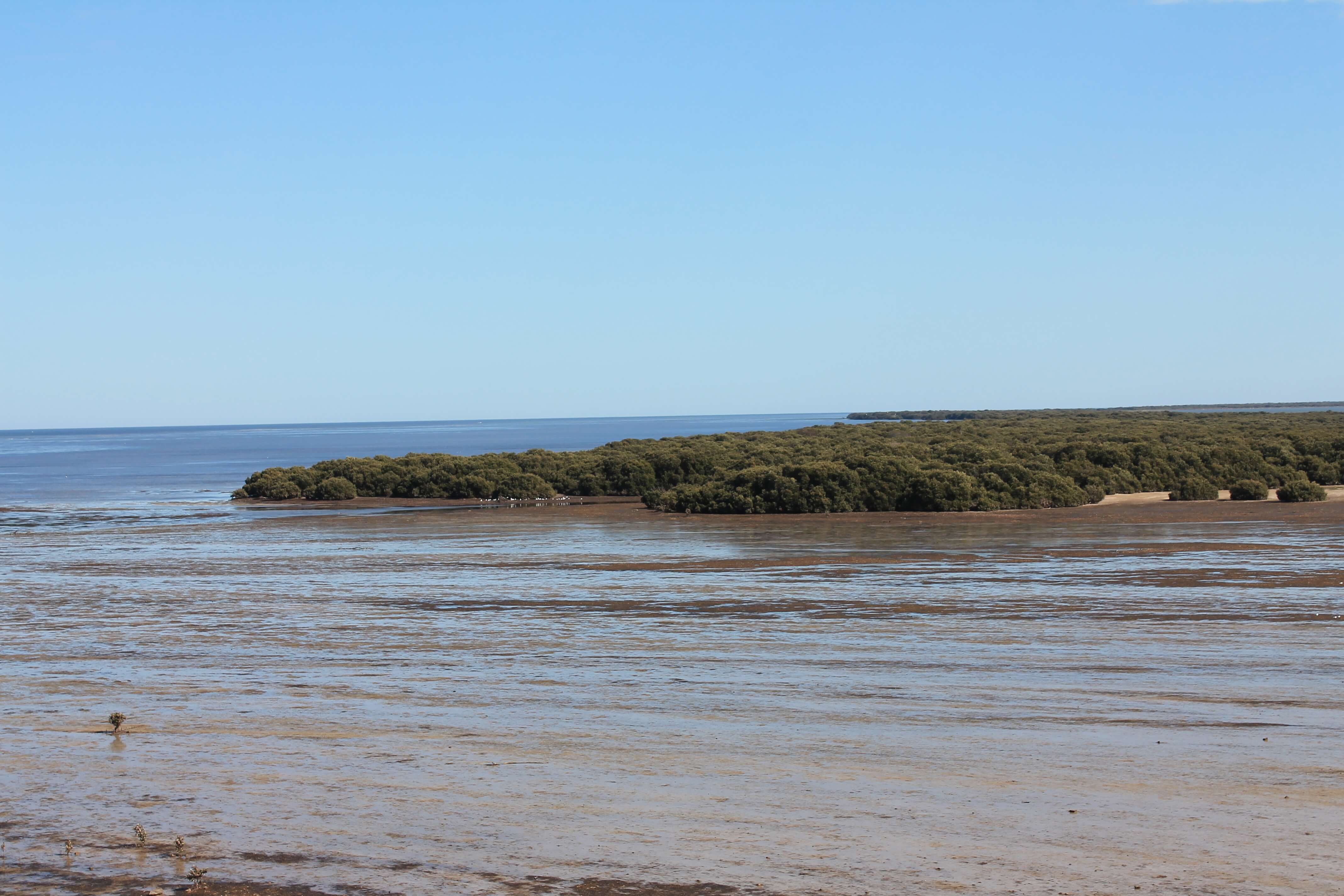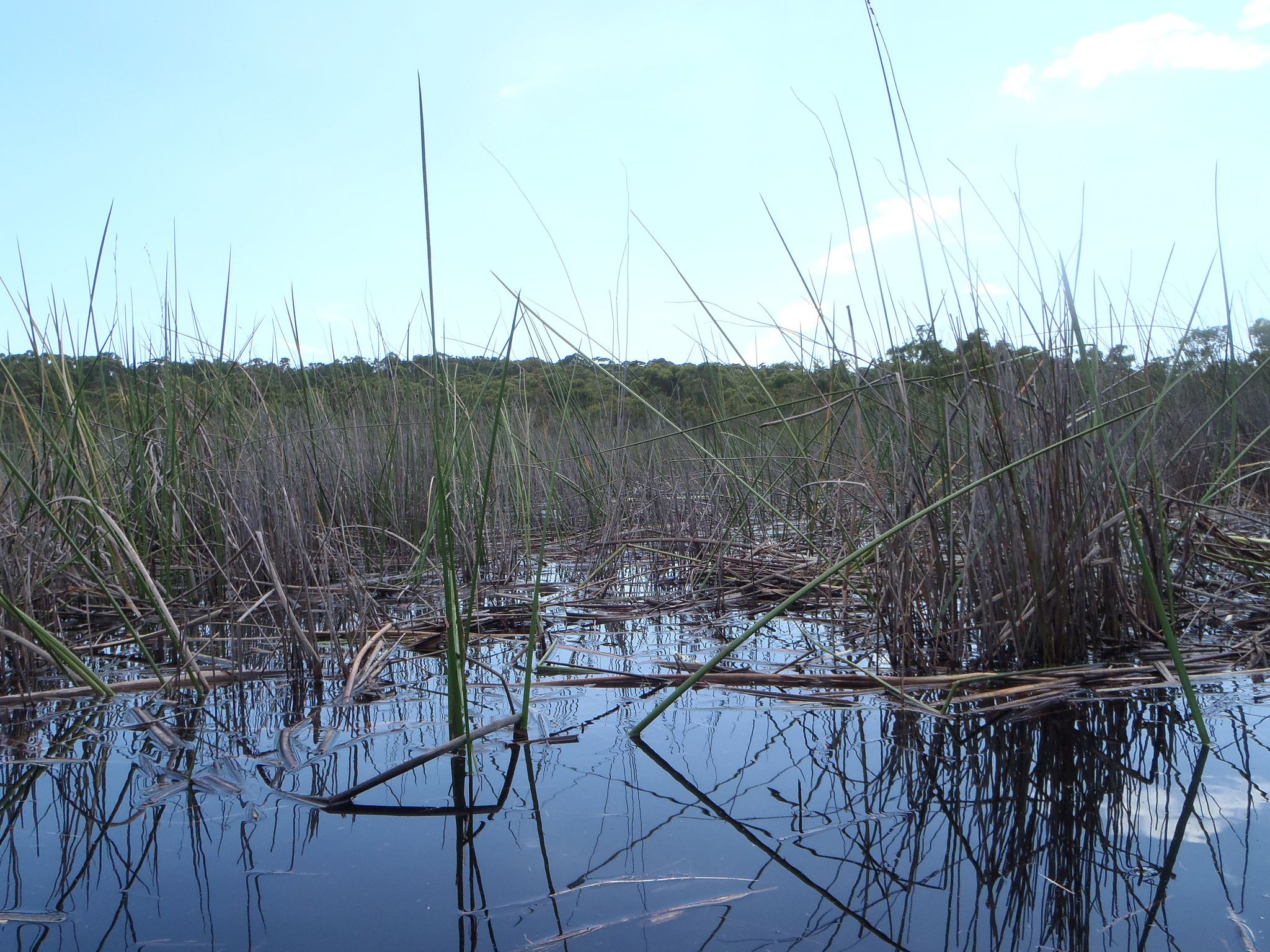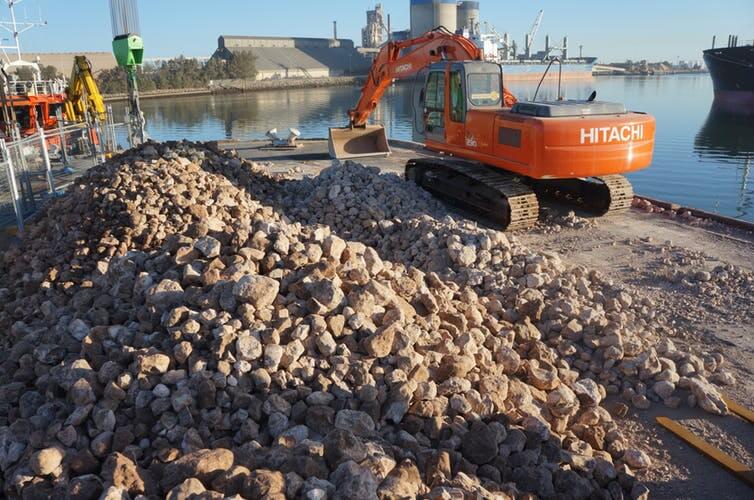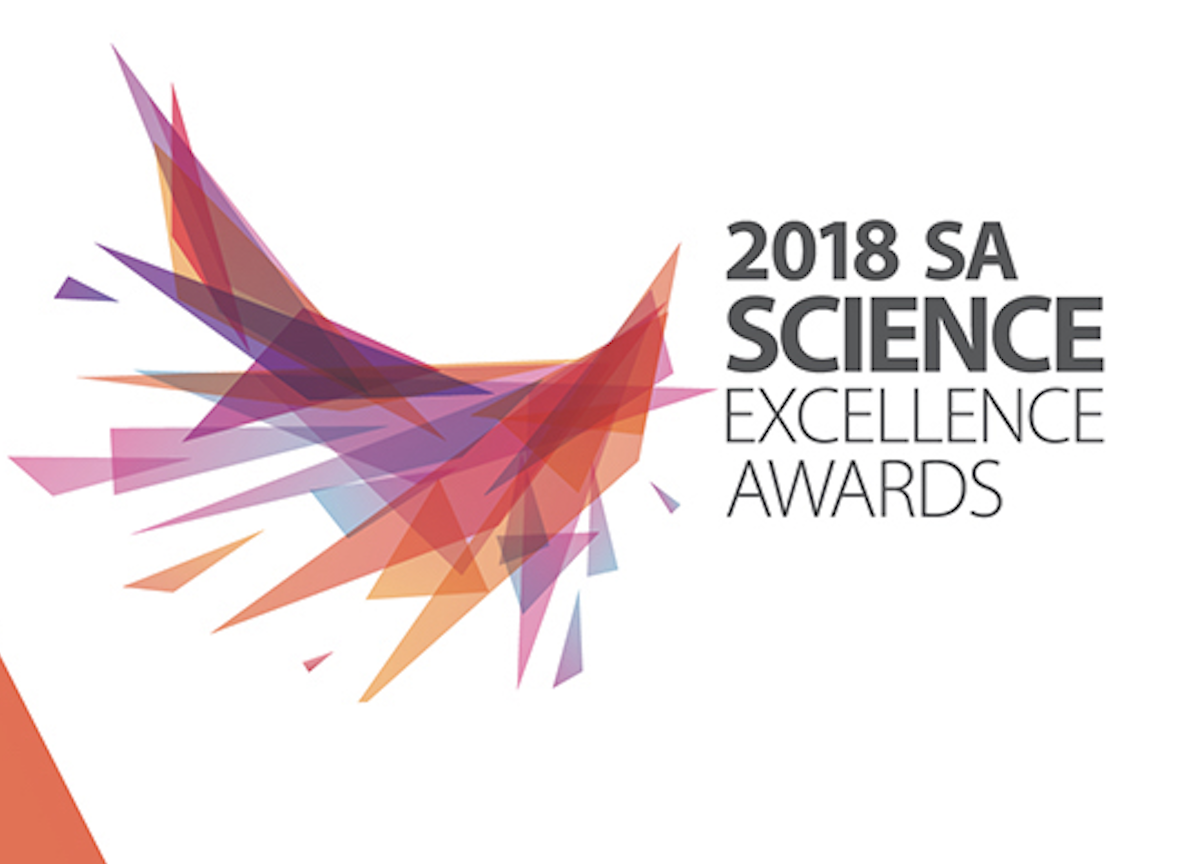BLOGS WEBSITE
Category: Research Wins
Environment Institute members shine with multiple ARC Discovery Projects funded for 2021
We are delighted to share the achievements of our members, with many receiving funding during the latest ARC Discovery Projects 2021 round 1. Congratulations to the efforts of our sensational team. Images shown are of Environment Institute members. Evolution and function of mammalian sex chromosomes. Professor Frank Gruetzner; Associate Professor Paul Waters; Professor Jennifer Graves; […]
Comments Off on Environment Institute members shine with multiple ARC Discovery Projects funded for 2021
Environment Institute receives two out of four Future Fellowships awarded to the University of Adelaide
We are immensely proud of our researchers’ achievements, receiving two Future Fellowships today. In the ARC Future Fellowships 2020 round 1, Environment Institute member and ARC DECRA fellow Dr Camille Mellin, of the Fordham Lab has received $739,557.00. Her research will summary includes: Safeguarding coral reef fisheries for future food security. This Fellowship aims to […]
Comments Off on Environment Institute receives two out of four Future Fellowships awarded to the University of Adelaide
New paper has found 75% of bison fossils are male
Researchers at the University of Adelaide have discovered that the majority of bison fossils are male, according to a new study in Proceedings of the National Academies of Sciences. This research has been stumbled upon by ancient DNA researchers. When ancient DNA is analysed, specimen sex is also determined as part of the sample processing. However during this process, […]
Comments Off on New paper has found 75% of bison fossils are male
New species of Norfolk Island-related pine identified in South Eastern Australia
Researchers at the University of Adelaide have made a breakthrough discovering two new species of Araucaria (pine). These have been identified as species related to the Norfolk Island pine. Many years of intensive research led Professor Bob Hill and his team to collate and interpret previously undescribed foliar material of Araucaria section Eutacta, from Australian Cenozoic sediments. The […]
Comments Off on New species of Norfolk Island-related pine identified in South Eastern Australia
Dr Phill Cassey selected as Lead Author on next IPBES Report
The Intergovernmental Science-Policy Platform on Biodiversity and Ecosystem Services (IPBES) has selected Dr Phill Cassey, director of Centre for Applied Conservation Science to be Lead Author for Chapter 4 of the IPBES thematic assessment named “the assessment of invasive alien species”. The Plenary of IPBES decided to begin this assessment following its 7th session (May 2019), based […]
Comments Off on Dr Phill Cassey selected as Lead Author on next IPBES Report
Modern humans planned and made open-sea voyages 50,000 years ago
Research has shown it took more than 1,000 people to arrive in Australia, to make a viable population. Two studies published released recently, confirm they arrived more than 50,000 years ago and that this was no accidental migration, the first arrivals must have been planned. Data from Adelaide University, Environment Institute’s co-author Dr Laura S. Weyrich suggests […]
Comments Off on Modern humans planned and made open-sea voyages 50,000 years ago
Australia’s Climate Past Challenged!
Researchers at the University of Adelaide have found evidence of climate change that coincided with the first wave of European settlement of Australia, which effectively delivered a double-punch of drying and land clearance to the country. The research, published in Quaternary Science Reviews, suggests that eastern Australia, including Melbourne, Sydney and Brisbane, was much drier […]
Comments Off on Australia’s Climate Past Challenged!
2018 South Australian Science Excellence Award – Winners
On Friday night, the Science Excellence Awards Dinner event was held at the Adelaide Convention Centre. It was a wonderful event which showcased the inspirational research advancing both South Australia and the world. The Environment Institute was represented by the following nominees: Excellence in Research Collaboration The Aboriginal Heritage Project, partnership between the local members […]
Comments Off on 2018 South Australian Science Excellence Award – Winners
Massive Restored Reef Aims to bring South Australia’s Oysters Back
Researchers from the University of Adelaide have undertaken the largest oyster reef restoration project outside the United States in the coastal waters of Gulf St Vincent, near Ardrossan in South Australia. Construction began earlier this month with some 18,000 tonnes of limestone and 7 million baby oysters set to provide the initial foundations for a 20-hectare reef. […]
Comments Off on Massive Restored Reef Aims to bring South Australia’s Oysters Back
2018 South Australian Science Excellence Awards Finalists
We’d like to take this opportunity to congratulate the following Environment Institute Members finalists for the 2018 South Australian Science Excellence Awards. Excellence in Research Collaboration The Aboriginal Heritage Project, partnership between the local members of the Aboriginal community, the SA Museum, the University of Adelaide, the University of New South Wales – ACAD Australian Centre […]
Comments Off on 2018 South Australian Science Excellence Awards Finalists


